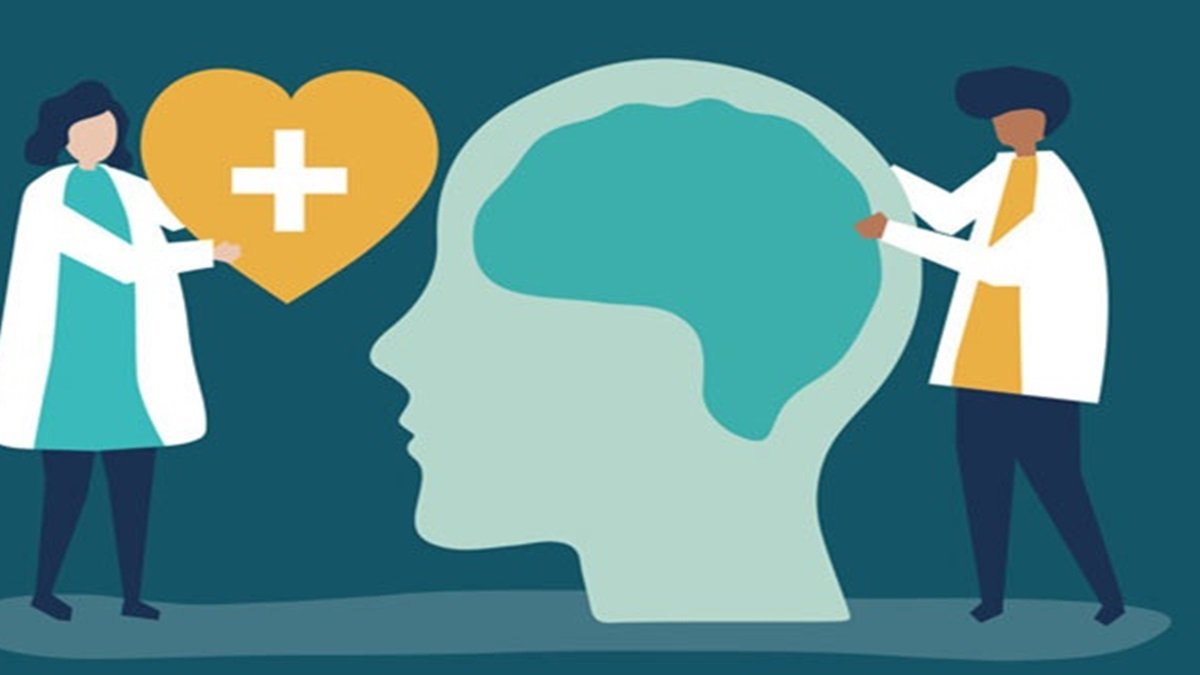SMART STRATEGIES FOE SUCCESSFUL LIFE HEALTH IS GREAT ASSET
Chinmayi hospital – Diabetic care & Precautions
Diabetic care & Precautions
- Cut Sugar and Refined Carbs From Your Diet. ...
- Work Out Regularly. ...
- Drink Water as Your Primary Beverage. ...
- Lose Weight If You're Overweight or Obese. ...
- Quit Smoking. ...
- Follow a Very-Low-Carb Diet. ...
- Watch Portion Sizes. ...
- Avoid Sedentary Behaviors.
After age 45, your doctor will likely recommend screening every three years.
Share your concerns about diabetes prevention with your doctor. He or she will appreciate your efforts to prevent diabetes and may offer additional suggestions based on your medical history or other factors.
Check sugar level regularly once in month .HBA1c level once in 3 months . Chinmayi hospital conducting Sugar test and HbA1C test in hospital laboratory with state of art facility and NABL accredited fist lab in Kundapura .Please visit Chinmayi hospital laboratory for sugar and HbA1C testing
Healthy Lifestyle Tips
Nutrition is important for everyone. However, Chinmayi Hospital educates the requirement is different for every individual may it be an infant, growing child, pregnant/lactating women and elderly people. The diet varies from person to person depending upon various factors like age, gender, physical activity, nutritional requirement during different physiological stages of the body and other various factors. Body weights and heights of children reflect their state of physical growth and development, while weights and heights of adults represent steps taken towards good health
EAT A VARIETY OF FOODS
- For good health, we need more than 40 different nutrients, and no single food can supply them all. It is not about a single meal, it is about a balanced food choice over time that will make a difference!
- A high-fat lunch could be followed by a low-fat dinner.
Base your diet on plenty of foods rich in carbohydrates
About half the calories in our diet should come from foods rich in carbohydrates, such as cereals, rice, pasta, potatoes, and bread. It is a good idea to include at least one of these at every meal. Whole Grain foods, like wholegrain bread, pasta, and cereals, will increase our fiber intake.
Replace saturated with unsaturated fat
Fats are important for good health and proper functioning of the body. However, too much of it can negatively affect our weight and cardiovascular health. Different kinds of fats have different health effects, and some of these tips could help us keep the balance right
We should limit the consumption of total and saturated fats (often coming from foods of animal origin), and completely avoid trans fats; reading the labels helps to identify the sources.
- Eating fish 2-3 times a week, with at least one serving of oily fish, will contribute to our right intake of unsaturated fats.
- When cooking, we should boil, steam or bake, rather than frying, remove the fatty part of meat, use vegetable oils.
Maintain a healthy body weight
- The right weight for each us depends on factors like our gender, height, age, and genes. Being affected by obesity and overweight increases the risks of a wide range of diseases, including diabetes, heart diseases, and cancer.
Get on the move, make it a habit!
Physical activity is important for people of all weight ranges and health conditions. It helps us burn off the extra calories, it is good for the heart and circulatory system, it maintains or increases our muscle mass, it helps us focus, and improves overall health well-being. We don't have to be top athletes to get on the move! 150 minutes per week of moderate physical activity is advised, and it can easily become part of our daily routine.
Start now! And keep changing gradually
- Gradual changes in our lifestyle are easier to maintain than major changes introduced all at once.
Be healthy stay Better




